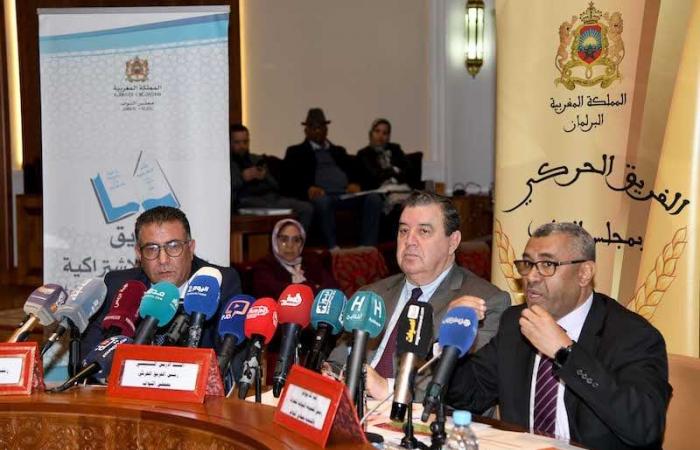
The grievances formulated against the executive led by the RNI are numerous: suspension or withdrawal of several bills relating to the moralization of public life, contempt for account surrender mechanisms, unilateral adoption of texts relating to rights and fundamental freedoms, multiplication of cases of conflicts of interest and abuse of power, and systematic obstruction, by the training of the majority, of parliamentary survey on anomalies that have tarnished the import operations of the livestock intended for consumption.
The opposition sitting in the House of Representatives intends to ratify the deposit of a project of censure motion to dismiss the government under article 105 of the Constitution. This approach, carried by the main opposing forces of the majority, is, according to its promoters, a “Democratic health exercise” intended to resuscitate a sluggish political debate and to subject the executive to its fundamental obligations.
The motion, whose adoption would lead to very fact the collective resignation of the government team, embodies a disavowal fueled by “The manifest incapacity of the government to honor the commitments which it has freely contracted within the framework of its program and that the majority had nevertheless endorsed”said a statement from the leadership of an opposition party, after a meeting held in Bouskoura at the end of its national congress.
Unilateral deficiency, opacity and drifts
The grievances addressed to the executive are of rare severity: withdrawal or freeze of texts relating to public transparency, bypassing of parliamentary control mechanisms, adoption of structuring laws relating to rights and freedoms according to a logic “Exclusive and authoritarian”multiplication of conflicts of interest and abuse of position, refusal to join a parliamentary commission of inquiry responsible for shedding light on irregularities surrounding the importation of subsidized cattle.
The motion must, in accordance with the constitution and the internal regulations of the Chamber, be accompanied by a detailed thesis, signed by at least one fifth of the deputies, and specifying the parliamentary groups or affiliations of the signatories. The president of the Chamber is required to ensure its publication at the official report, in the internal bulletin and on the institution’s electronic portal.
A procedure supervised by the Constitution
No deputy can affix his signature on more than a censorship motion simultaneously. Any modification, withdrawal or addition is prohibited once the text has been deposited. The chamber’s office fixes the date of the plenary session within a maximum of seven days. The vote can only take place after the flow of three clear days and only the favorable votes are recorded. The motion is only adopted as an absolute majority of the members making up the Assembly.
In the event of adoption, no new motion may be submitted in the following twelve months. This recourse, rare in Moroccan institutional practice, could inaugurate a new phase of tensions between Parliament and a government whose political legitimacy is now openly disputed.







